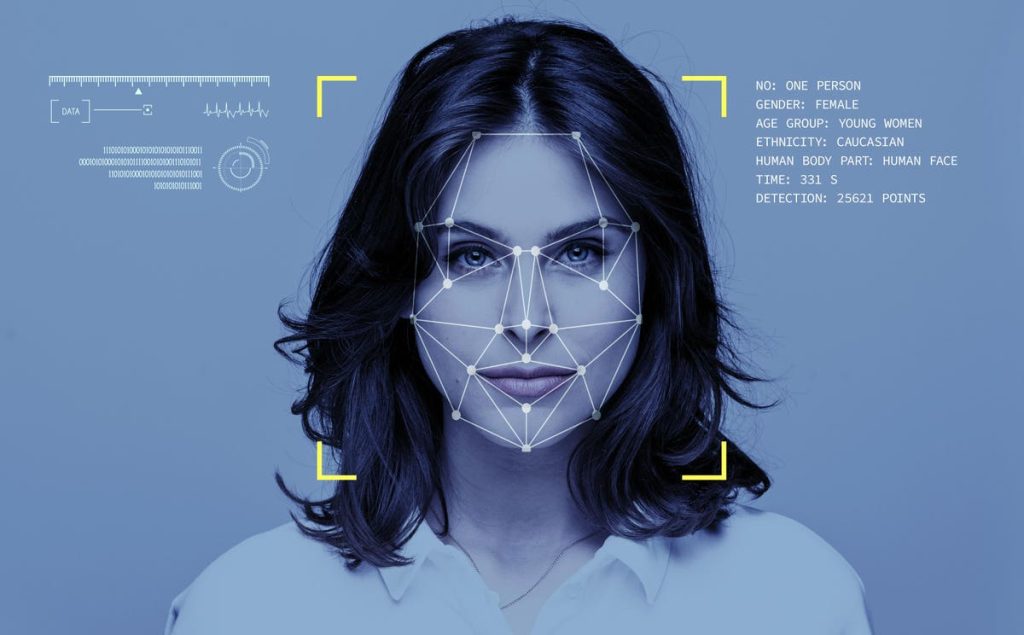Artificial intelligence has taken the world by storm. Nvidia, a company that makes AI-related chips, saw its market value rocket to nearly a $1 trillion market capitalization. Almost everyone, from students to JPMorgan, is finding ways to leverage this fast-growing technology.
Like any new innovation or product, there is an accompanying concern over how it may affect people. There have been calls for regulation in response to privacy, copyright infringement, disrupting existing businesses, discrimination and other matters.
Regulating artificial intelligence has both pros and cons. While regulation can provide a framework for ethical practices, information security and consumer rights, it could stifle innovation and slow progress. Finding a balance between regulation and innovation is essential to ensure that AI is developed and used responsibly and ethically.
New York City Law For Bias Audits
New York City’s Department of Consumer and Workplace Protection passed Local Law 144 in 2021, requiring employers to conduct bias audits of automated employment decision tools (AEDTs) before using them to enact hiring or promotion decisions. AEDTs include algorithms that use social media data to determine who sees a job advertisement, tools that analyze keywords in résumés and programs that ascertain a candidate’s personality traits. The enforcement of these rules will begin on July 5, 2023.
The law was passed in response to concerns about the potential for AEDTs to discriminate against certain groups of people and to ensure that AEDTs are used fairly. Local Law 144 also requires employers to notify applicants and employees about using AI and the opportunity to request an accommodation or alternative selection process.
New York City is also considering other regulations related to artificial intelligence. For example, the city is considering a law requiring businesses to disclose how they use artificial intelligence in their products and services. It is also considering a law that would create a public registry of artificial intelligence systems used in the city.
Key Issues Being Considered By Regulators
There is concern that AI systems may be biased against certain groups of people, such as women, minorities or older workers. AI systems may collect and use personal data in ways that are harmful to individuals and violate your right to privacy by misusing your data and personal information.
Regulators are considering ways to ensure that AI systems are safe, although it may be difficult to hold AI systems accountable for their actions.
Other AI Regulations
New York City’s efforts to regulate artificial intelligence are part of a larger trend of governments around the world taking steps to regulate this technology, as AI becomes more widespread.
- According to California’s Assembly Bill 331, employers would be required to evaluate the impact of an AEDT, provide notice regarding its use and implement a governance program. Employers would be prohibited from employing AEDTs to exercise algorithmic discrimination. Additionally, California’s Senate Bill 721 would create a committee to deliver a report to the legislature regarding artificial intelligence.
- Illinois has passed the Biometric Information Privacy Act (BIPA), which requires businesses to obtain consent before collecting or using biometric data, such as fingerprints or facial scans.
- Maryland has passed the Artificial Intelligence Video Interview Act, which requires employers to notify job applicants if they are using AI-powered video interviews and to provide applicants with an opportunity to opt out of the process.
- Washington has passed the Facial Recognition Technology Act, which requires law enforcement agencies to obtain a warrant before using facial recognition technology.
- The European Union has passed several regulations related to AI, including the General Data Protection Regulation (GDPR), which gives individuals more control over their personal data, and the Artificial Intelligence Act, which is still under development.
- The United Nations has established several working groups and initiatives to discuss the ethical implications of AI.
The Pros Of Regulation
AI regulations can provide a global framework for ethical practices, information security, consumer rights and other issues. It can provide fairness and reason in the design of technologies that work toward improving the lives of human beings. Oversight will ensure that infringements on fundamental human rights are respected. Regulation can help to prevent private data from being stolen.
The Cons Of Regulation
Regulating artificial intelligence could stifle innovation and slow down progress. It may be difficult to regulate AI due to its complexity and rapid development. Over-regulation could lead to a lack of flexibility and adaptability in using AI.
Regulation could increase costs for businesses and limit their ability to compete. It could lead to a lack of standardization across different jurisdictions, making it difficult for businesses to operate globally.
Read the full article here










